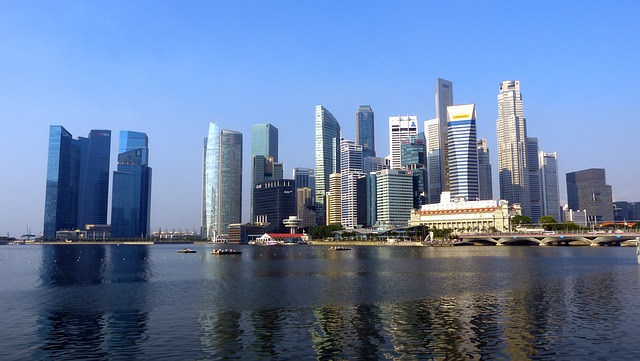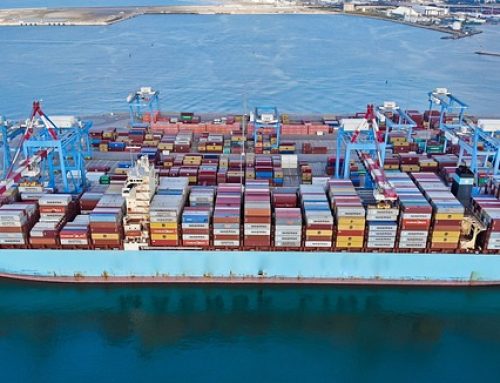January 12, 2023
Singapore will increase its goods and services tax, or GST, from 7% to 8% on January 1st, 2023. The next GST increase in Singapore will increase the tax from 8% to 9% on January 1, 2024.
According to Euston Quah, head of economics at Nanyang Technological University, middle-class Singaporeans could be the most negatively impacted by the GST increases because they are neither eligible for financial assistance and refunds nor are they able to afford increased prices.
Singapore’s goods and services tax, or GST, will increase from 7% to 8% on January 1. It is the first of two planned increases in the GST; the second is expected to occur in January 2024, at which point it will increase from 8% to 9%.
A consumption tax known as the GST is levied in Singapore on almost all products and services. GST will be applied to imported low-value items up to S$400 beginning January 1, 2023. Only imported products priced at or above S$400 are now subject to the GST. With the change, the tax will apply to all products and services brought into Singapore, including those bought online.
Businesses with headquarters in Singapore that generate more than S$1 million ($742,000) in annual revenue are required to register for GST and apply the applicable tax rate to all taxable purchases.
Despite opposition party lawmakers opposing the increase and arguing poor timing given inflationary pressures, the GST amendment bill was approved by Singapore’s Parliament in November.
In August, Singapore’s inflation rate reached a 14-year high of 7.5%. Although the annual inflation rate for November was 6.7%, it is still much higher than the 2% inflation rate that the nation’s central bank advises for overall price stability. Inflation has moderated somewhat in recent months.
On whether the tax increase will affect the nation’s lowest incomes more severely than other income groups, economists who talked to CNBC expressed varying opinions.
According to DBS, those with the lowest incomes in Singapore would see the highest increase in household spending as a result of rising inflation because their wages are rising at the slowest rate among all income groups.
According to Antonio Fatas, an INSEAD professor of economics, persons with low incomes have a propensity to spend more and save less. Since this is a tax on consumption, he suggested, “they may feel the immediate effect more.”
Source: CNBC
Legal Notice: The information in this article is intended for information purposes only. It is not intended for professional information purposes specific to a person or an institution. Every institution has different requirements because of its own circumstances even though they bear a resemblance to each other. Consequently, it is your interest to consult on an expert before taking a decision based on information stated in this article and putting into practice. Neither Karen Audit nor related person or institutions are not responsible for any damages or losses that might occur in consequence of the use of the information in this article by private or formal, real or legal person and institutions.






